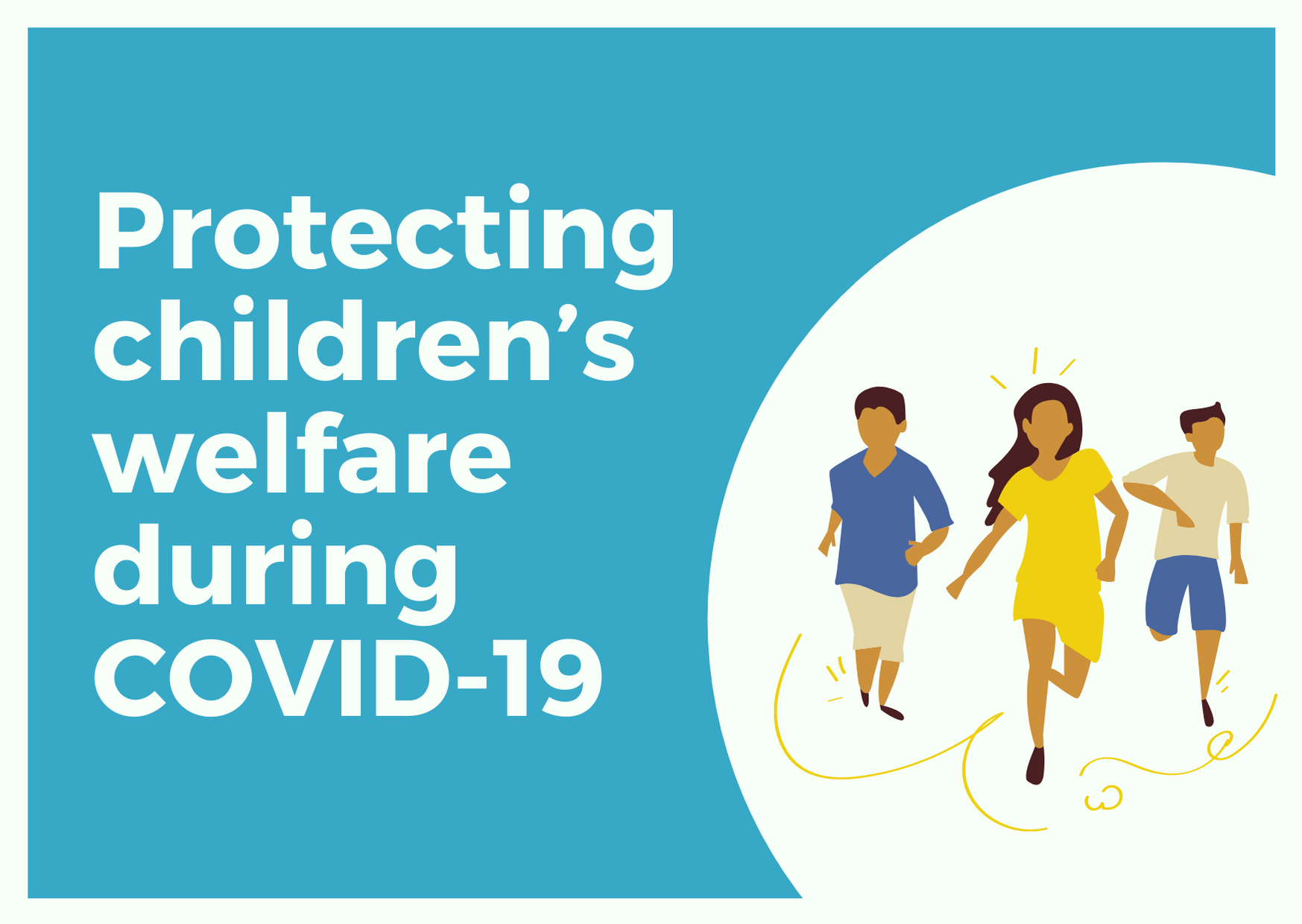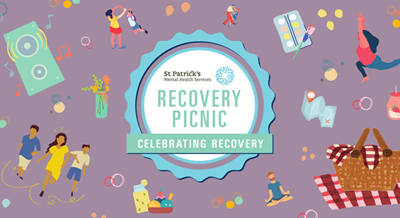
On Universal Children’s Day, our Chief Executive Officer (CEO) Paul Gilligan explains why we must work harder to protect children’s welfare, especially given the difficult year children have experienced due to COVID-19.
Resulting from the COVID-19 pandemic, our adherence to the obligations and commitments we have signed up to under the United Nations Convention on the Rights of the Child has been impacted upon in ways we still have not fully realised. At a societal level, child poverty, and particularly food poverty, is escalating and the numbers of children and adolescents waiting for specialist mental health treatment are growing.
Acknowledging the impact
At a psychological and social level, when you sum up the losses children of all ages have experienced in the last year, no child has gone unaffected. This includes the three-year-old who is now being taught to stay away from other children, to continually wash their hands, to not hug their grandparents to the 10-year-old who cannot play openly in the school yard, attend their drama or dance class, or go on a play date.
Older children too must be considered, such as the 15-year-old who cannot meet up with their friends or go to a concert, or the 18-year-old who is starting college from home, cannot participate in competitive sport, and can’t meet up with their boyfriend or girlfriend other than for a walk, assuming they live within five kilometers of each other.
In any other circumstances, a child experiencing these types of losses would be identified as needing substantial support.
We should not underestimate the resilience and strength of our young people, most of whom are struggling through and doing their best to comply with restrictions, in the knowledge they are protecting others more vulnerable than themselves. But there is a real risk that these restrictions will have and are having an impact on their psychological and emotional development.
Protecting and supporting children’s rights
Crises bring out the best and worst in people. Those with deeply engrained anti-childrens’ rights opinions will use this opportunity to reinforce the view that children should be seen and not heard, that they are irresponsible and have no care for others more vulnerable or that they are “vectors” that must be controlled and managed at all costs.
Many of us feel disquiet that we are being asked to prevent or discourage our children from doing things we know enhance their emotional and psychological development, but rationalise it as being for the greater good. Prioritising the opening of schools, colleges and crèches has been vital.
For those young people who have or will develop mental health difficulties, the very least the State can do for them and their parents is ensure the appropriate supports and services are made available. Providing adequate State support for families facing poverty is also now vital.
Raising emotionally healthy children
Nobody is suggesting that we should not have restrictions for children and young people or that they should not adhere to them. Young people know that they must play their part and are willing to do so. However, it is crucial that we do not see this as the “new normal”, that we have and start implementing a plan that will restore children’s and young peoples’ lives to a psychologically healthy “normal”, that we invest in re-teaching our young people about the importance of socialising, intimacy and living with risk.
We are all in this together and children know this; however, the greatest long-term impact maybe on them. Recognising this and providing them with the space and support to resolve these impacts is essential. Helping them to tap into their resilience and to connect again with the core psychological aspects of humanity will help ensure this generation will thrive.
Acknowledging and adhering to children’s rights cannot just occur in the good times. The publication of the report into the Mother and Baby Homes is a timely reminder of how we, in Ireland, have failed our most vulnerable citizens in the past. There failures were perpetrated by a system that was put in place to supposedly help and support people through poverty, and perceived sinning and societal shame.
If we have learnt anything, it is that no matter what challenges we are faced with, society’s health and future is always determined by the health, happiness and productivity of its children. Protecting their welfare now needs to be one of our key priorities.
This is an extract from an article which appeared in the Irish Examiner on Friday, 20 November 2020.


